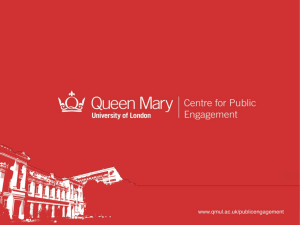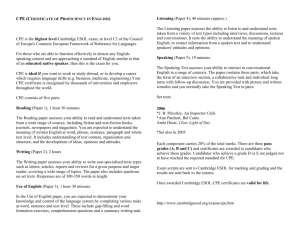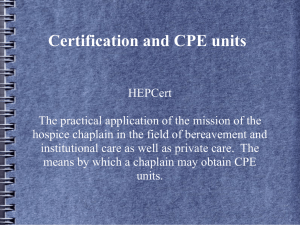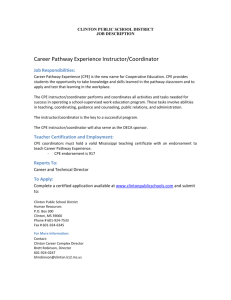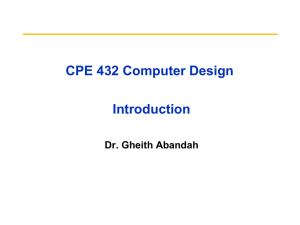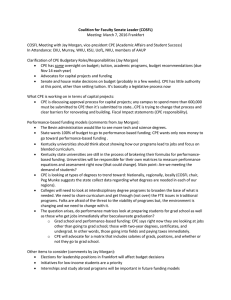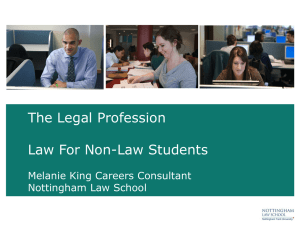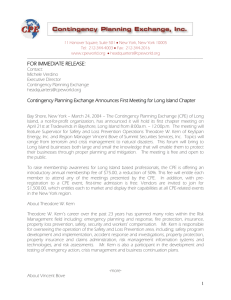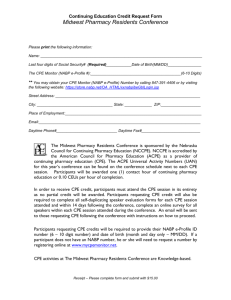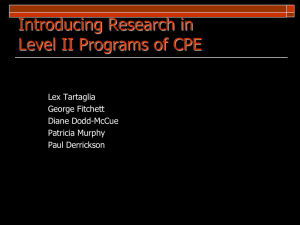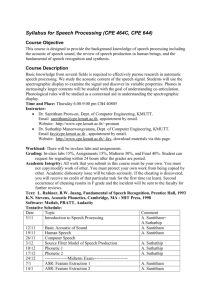universities, continuing professional education and life long learning
advertisement
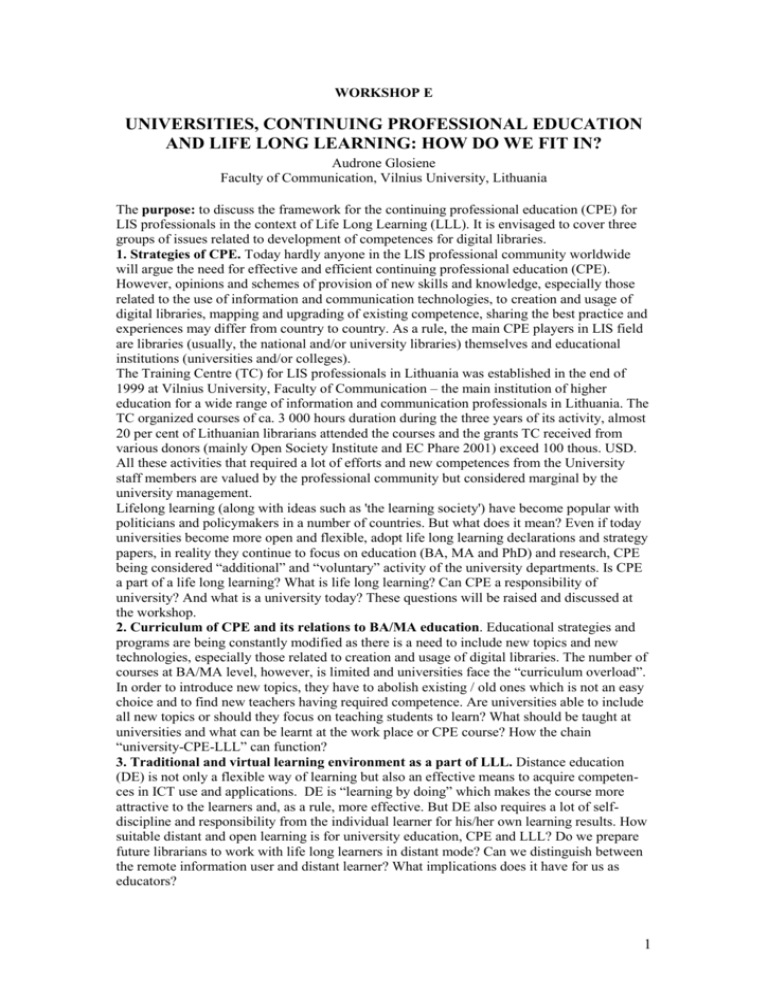
WORKSHOP E UNIVERSITIES, CONTINUING PROFESSIONAL EDUCATION AND LIFE LONG LEARNING: HOW DO WE FIT IN? Audrone Glosiene Faculty of Communication, Vilnius University, Lithuania The purpose: to discuss the framework for the continuing professional education (CPE) for LIS professionals in the context of Life Long Learning (LLL). It is envisaged to cover three groups of issues related to development of competences for digital libraries. 1. Strategies of CPE. Today hardly anyone in the LIS professional community worldwide will argue the need for effective and efficient continuing professional education (CPE). However, opinions and schemes of provision of new skills and knowledge, especially those related to the use of information and communication technologies, to creation and usage of digital libraries, mapping and upgrading of existing competence, sharing the best practice and experiences may differ from country to country. As a rule, the main CPE players in LIS field are libraries (usually, the national and/or university libraries) themselves and educational institutions (universities and/or colleges). The Training Centre (TC) for LIS professionals in Lithuania was established in the end of 1999 at Vilnius University, Faculty of Communication – the main institution of higher education for a wide range of information and communication professionals in Lithuania. The TC organized courses of ca. 3 000 hours duration during the three years of its activity, almost 20 per cent of Lithuanian librarians attended the courses and the grants TC received from various donors (mainly Open Society Institute and EC Phare 2001) exceed 100 thous. USD. All these activities that required a lot of efforts and new competences from the University staff members are valued by the professional community but considered marginal by the university management. Lifelong learning (along with ideas such as 'the learning society') have become popular with politicians and policymakers in a number of countries. But what does it mean? Even if today universities become more open and flexible, adopt life long learning declarations and strategy papers, in reality they continue to focus on education (BA, MA and PhD) and research, CPE being considered “additional” and “voluntary” activity of the university departments. Is CPE a part of a life long learning? What is life long learning? Can CPE a responsibility of university? And what is a university today? These questions will be raised and discussed at the workshop. 2. Curriculum of CPE and its relations to BA/MA education. Educational strategies and programs are being constantly modified as there is a need to include new topics and new technologies, especially those related to creation and usage of digital libraries. The number of courses at BA/MA level, however, is limited and universities face the “curriculum overload”. In order to introduce new topics, they have to abolish existing / old ones which is not an easy choice and to find new teachers having required competence. Are universities able to include all new topics or should they focus on teaching students to learn? What should be taught at universities and what can be learnt at the work place or CPE course? How the chain “university-CPE-LLL” can function? 3. Traditional and virtual learning environment as a part of LLL. Distance education (DE) is not only a flexible way of learning but also an effective means to acquire competences in ICT use and applications. DE is “learning by doing” which makes the course more attractive to the learners and, as a rule, more effective. But DE also requires a lot of selfdiscipline and responsibility from the individual learner for his/her own learning results. How suitable distant and open learning is for university education, CPE and LLL? Do we prepare future librarians to work with life long learners in distant mode? Can we distinguish between the remote information user and distant learner? What implications does it have for us as educators? 1
